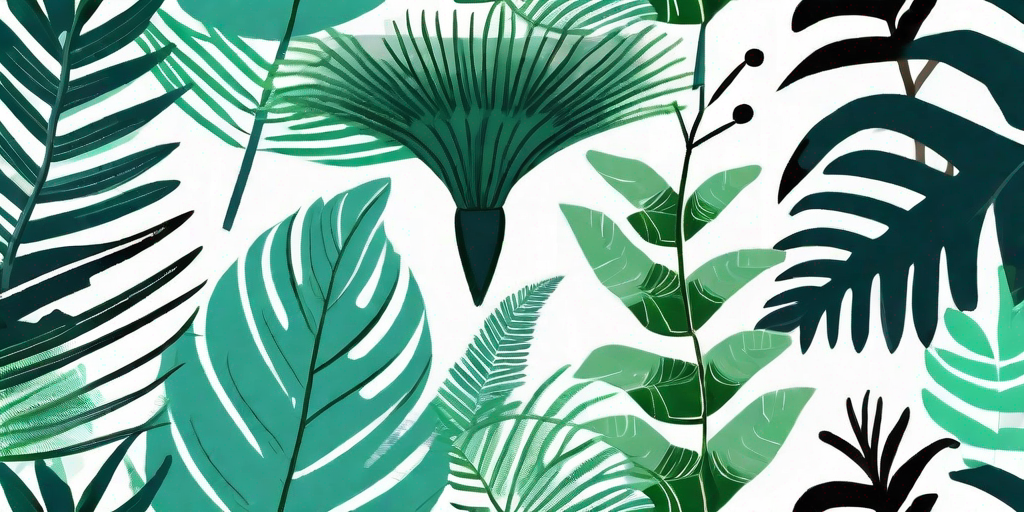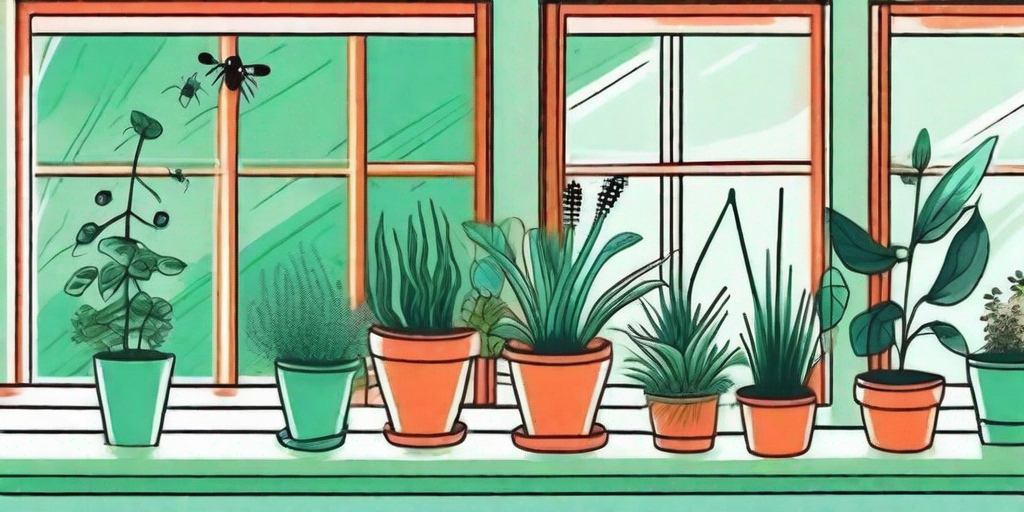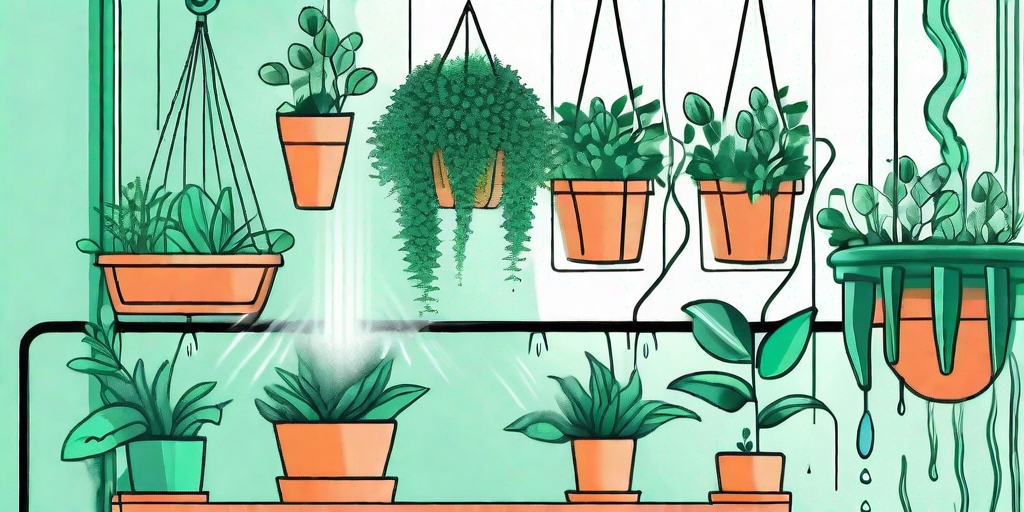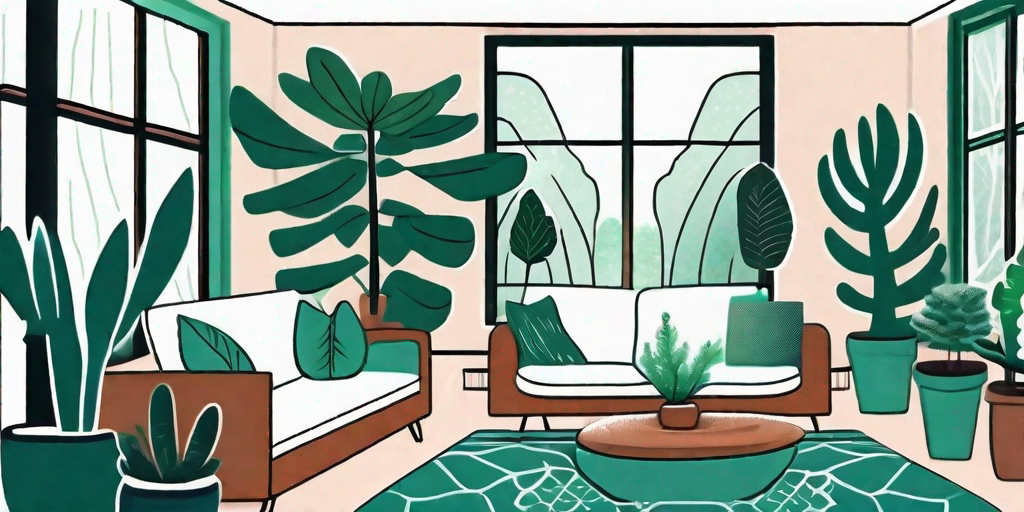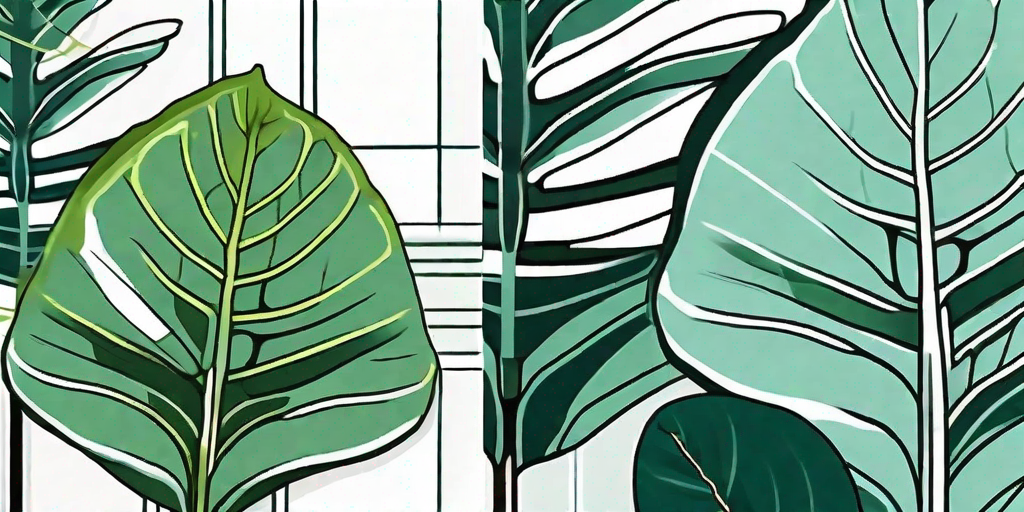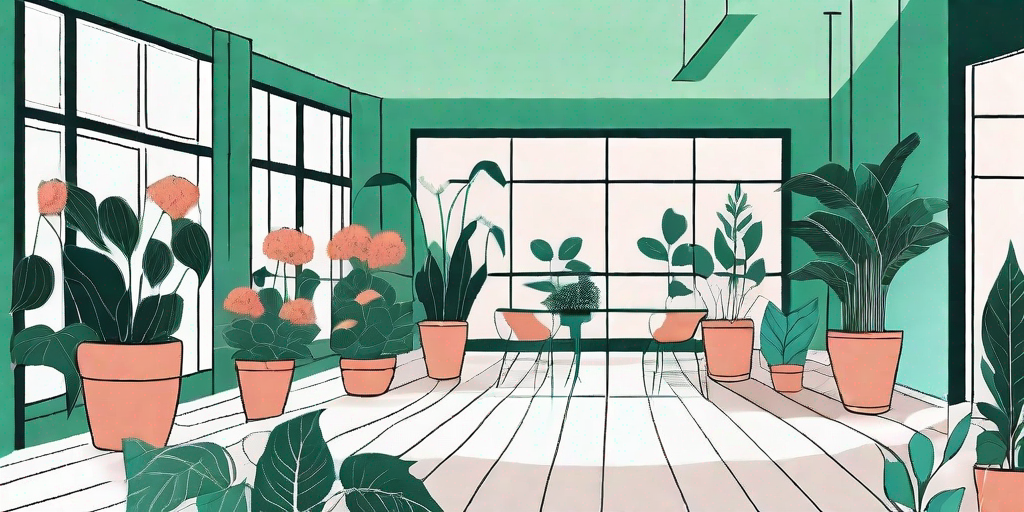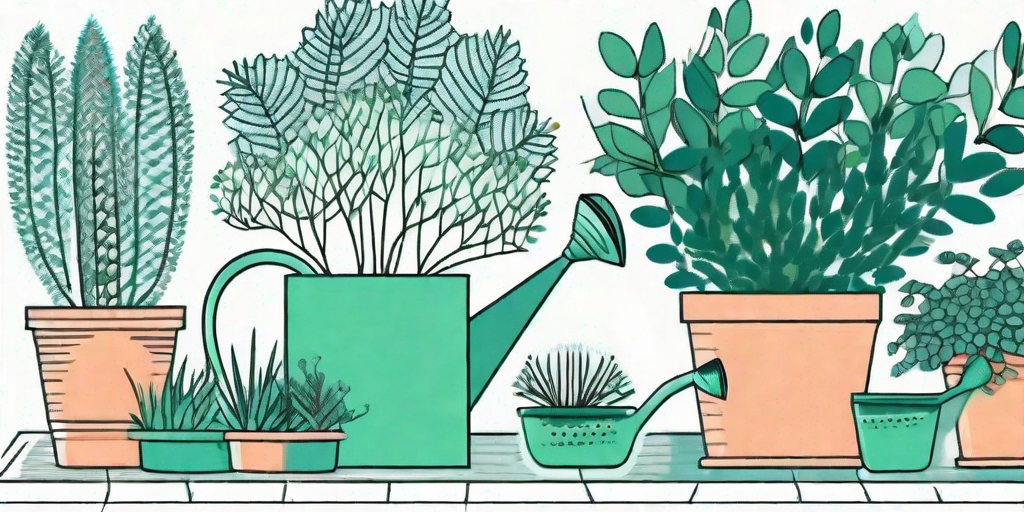
If you're a plant lover, you've probably heard the phrase "water from the bottom" more times than you can count. But what does it really mean? And why is it so important for your leafy friends? Well, buckle up, because we're about to dive into the world of plant hydration and reveal the secret to thriving plants.
The Science Behind Bottom Watering
Before we get into the nitty-gritty of bottom watering, let's take a quick detour into the land of plant science. Don't worry, we won't get too technical. We promise there won't be a pop quiz at the end.
Plants, like all living things, need water to survive. But unlike us, they can't just grab a glass from the kitchen tap. Instead, they absorb water through their roots. This is where bottom watering comes into play. By watering from the bottom, you're ensuring that the water goes straight to the roots, where it's needed most.
But there's more to it than that. Bottom watering also encourages deep root growth, which leads to stronger, healthier plants. And who doesn't want that?
Why Not Top Watering?
Now, you might be thinking, "But I've always watered from the top, and my plants seem fine." And sure, top watering can work. But it also has its downsides.
Firstly, top watering can lead to water sitting on the leaves, which can cause fungal diseases. Nobody wants a sick plant on their hands. Secondly, it can lead to uneven water distribution, with some parts of the soil getting more water than others. This can lead to root rot, which is as unpleasant as it sounds.
Bottom watering, on the other hand, ensures that the water is evenly distributed throughout the soil. Plus, it keeps the leaves nice and dry. It's a win-win!
How to Bottom Water Your Plants
Alright, enough with the science. Let's get down to business. How do you actually bottom water your plants? Well, it's easier than you might think.
First, you'll need a container that's larger than your plant's pot. This could be a sink, a bucket, or even a bathtub if you're dealing with a particularly large plant. Fill the container with water, then place your plant's pot in the water. The water should come up to about halfway up the pot.
Leave the plant in the water until the top of the soil is wet. This could take anywhere from a few minutes to a few hours, depending on the size of your plant and the type of soil. Once the top of the soil is wet, remove the plant from the water and let it drain.
And voila! You've just bottom watered your plant.
When to Bottom Water
Now that you know how to bottom water, you might be wondering when you should do it. The answer is: it depends on the plant.
Some plants, like succulents, don't need to be watered very often. Others, like ferns, need to be watered more frequently. As a general rule, you should bottom water your plants when the top inch of soil is dry.
But remember, every plant is unique. So, it's always a good idea to do a little research on your specific plant's watering needs.
FAQs
Can all plants be bottom watered?
Most plants can be bottom watered. However, there are a few exceptions. Some plants, like orchids, prefer to be misted. Others, like air plants, don't need to be watered at all. Again, it's always best to research your specific plant's needs.
Can I overwater my plant by bottom watering?
Yes, it's possible to overwater your plant by bottom watering. This is why it's important to remove your plant from the water once the top of the soil is wet. Leaving your plant in the water for too long can lead to root rot.
How often should I bottom water my plants?
How often you should bottom water your plants depends on the plant. Some plants need to be watered more frequently than others. As a general rule, you should bottom water your plants when the top inch of soil is dry.
Final Thoughts
Bottom watering might seem like a lot of work, but trust us, your plants will thank you. Not only does it help them get the water they need, but it also encourages deep root growth and prevents diseases. So why not give it a try? Your plants might just become the envy of all your friends.
And remember, every plant is unique. So, don't be afraid to experiment and find what works best for your leafy friends. Happy watering!




